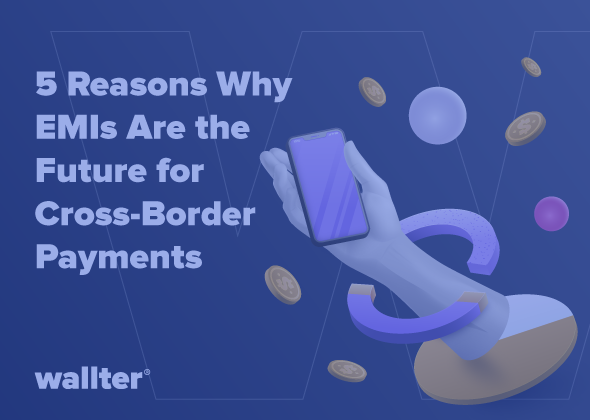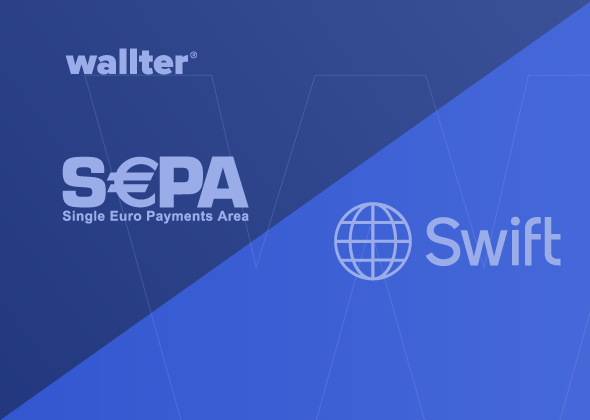While the internet has given us plenty of positive opportunities, it’s also provided scammers with more ways to trick people into giving away their money and personal information, also called phishing. One of the ways that they try to steal your money is via remote access scams.
We’ve seen an increase in the number of scammers posing as customer support agents, attempting to trick customers into providing control of their devices or computers, entering their Wallter® accounts, and stealing their money by transferring it to other accounts. Please see below our suggested tips and tricks on how to recognize a phishing attempt and what to do next.
Be careful what remote access software you use
Remote access software allows a fraudster to use one device to access another from any location by persuading the victim to download a smartphone app such as TeamViewer or installing a program on your computer. A simple passcode will then connect the two devices.
How can I spot a remote access scam?
Scammers often use fake or masked phone numbers to pose as customer support agents to lure you into providing your account details and personal information. Other scams involve customers receiving a phone call from someone claiming to be from a known company (such as your bank, telecoms provider, or e-commerce platform), in which the scammers try to convince you to grant them access to your device, claiming they will fix a problem with your account.
Once they have access, they may put up a fake screen and work in the background to download other software, transfer funds or steal passwords and other personal data.
TeamViewer is just one brand of remote access software reported as being misused by scammers. Other brands, such as AnyDesk, GoToAssist or LogMeIn may be used to remotely access your device or computer.
Wallter® maintains strict security standards and procedures to prevent unauthorized access to information about you. We usually provide customer support via email. If someone contacts you via phone trying any of the following tactics, these are red flags and it is likely to be a scam:
- pressure you into making decisions quickly;
- create a sense of panic, telling you that your broadband will be disconnected;
- telling that your accounts are under.
Wallter support staff will never:
- pressure you into making a decision quickly or create a sense of panic, telling you that something wrong has happened with your account;
- ask you to move money to a “safe” account;
- ask you to share your full online banking password or security codes (Two Factor Authentication);
- request to remotely access your electronic devices or even suggest this type of assistance option.
Help, I think I’ve been targeted by scammers, what can I do?
If you have given remote access to your device or computer, or you fear that they have been hacked, there are a few things you can do:
- disconnect from the internet on your device or computer;
- remove the remote access software from your device or computer.
Your security is our priority
If you think you have provided your account details to a scammer, contact Wallter® customer support immediately via email [email protected] to report the suspicious activity.
We also encourage you to report scams to your local law enforcement or the police. You can report scams to the cybercrime unit of your national police force. Contact information for this can be found on Europol’s website: https://www.europol.europa.eu/report-a-crime/report-cybercrime-online.



